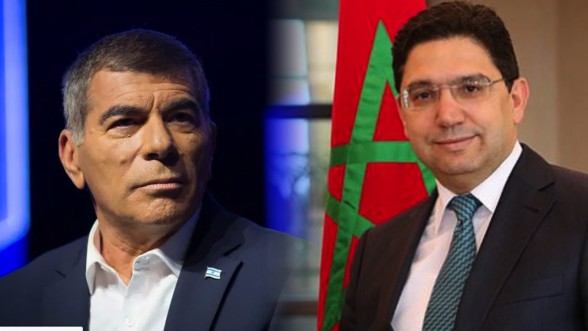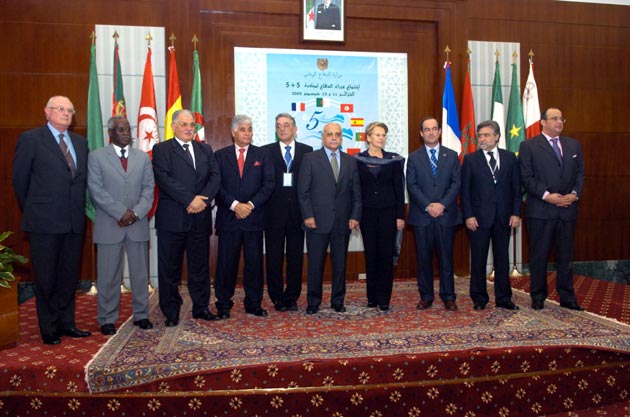The leadership of King Mohammed VI in building collective action to mitigate the impact of climate change in Africa has been highly commended at a meeting hosted Thursday in Addis Ababa by Morocco on occasion the 42nd session of the Executive Council of the African Union.
Chaired by foreign minister Nasser Bourita, the gathering was attended by top African and European diplomats, the Vice-Chairperson of the African Union Commission, AU Commissioners, international partners, UN Women and civil society representatives.
Participants reaffirmed commitment to the Declaration of the 1st African Action Summit, held in Marrakech on November 16, 2016, on the sidelines of the COP 22. They called for backing the African Climate Commissions established by the African Action Summit organized at the initiative of King Mohammed VI during COP22 convened in Marrakech in 2016.
Participants also voiced concern over the threats posed by climate change to peace, security, stability and prosperity in Africa and the negative impacts of global warming on African women.
Speaking during the meeting, Mr. Bourita said African women, the backbone of the continent’s food security, suffer most from conflicts, violence and forced displacement as a result of climate change.
“We can only achieve effective adaptation and mitigation if we take into account the gender impacts of climate change and promote women’s participation,” said the Minister, noting that there can be no climate resilience without gender equality.
Welcoming the efforts made by African states and the AU in implementing “Women, Peace & Security Agenda”, Mr. Bourita equality between men and women is the foundation of modern & democratic society, noting that Morocco’s National Action Plan, launched last March at the UN, is based on a comprehensive and inclusive approach.


